Mustard seeds are the small round seeds of various mustard plants. The seeds are usually about 1 to 2 millimetres in diameter and may be colored from yellowish white to black. They are an important spice in many regional foods. Grinding and mixing the seeds with water, vinegar or other liquids creates the yellow condiment known as prepared mustard. Tiny little mustard seeds mostly added as a tempering, lend an interesting bite, exotic flavour and tempting aroma to Indian foods. Look for clean seeds, without contamination by stones, dirt and grit.
Culinary Uses
- Tadka or tempering is a method of seasoning, in which seeds and spices are added to cooking oil heated to almost smoking point. This causes the seeds and spices to crackle, bringing out their full flavour. This tempering is then added to foods as a finishing touch.
- Mustard seeds along with cumin seeds, turmeric powder, asafoetida etc., are commonly used to temper Indian foods.
- A tempering of mustard is indispensable in all Indian foods, be it a curry, chutney, sambhar or rasam.
- When roasting the mustard, beware of overcooking the seeds as they will burn and turn bitter.
How to Store
- Because of its antibacterial properties, whole grain mustard does not require refrigeration, it will not grow mould, mildew or harmful bacteria.
- If stored under such conditions whole mustard seeds last for up to a year while ground and powdered mustard lasts for up to six months.
Health Benefits
- As a digestive aid in moderation, mustard neutralizes toxins and helps ward off an upset stomach. However, too much can be an irritant. This is why it is commonly added as a tempering to most foods, especially the hard-to-digest ones.
- Whole grain mustard seeds are a very good source of omega-3 fatty acids.

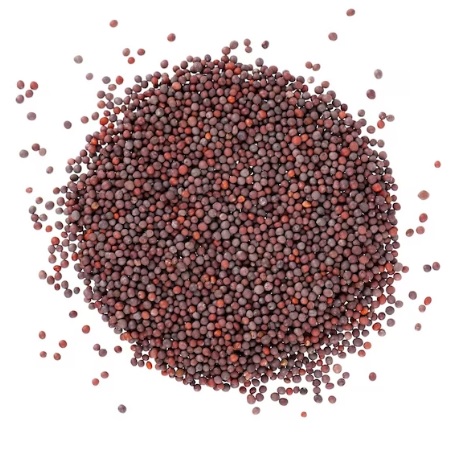
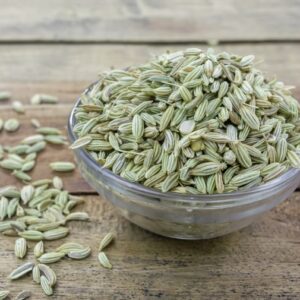
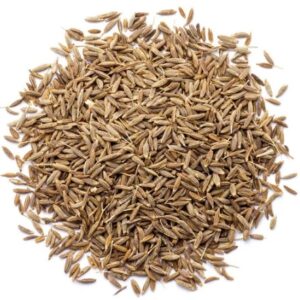
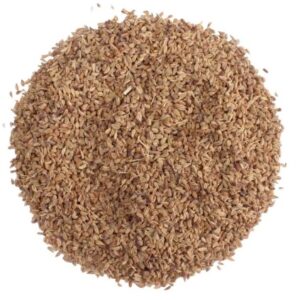
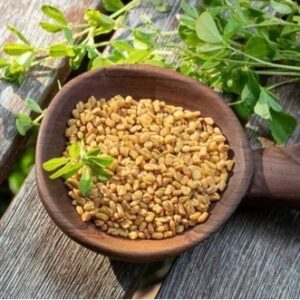
Reviews
There are no reviews yet.